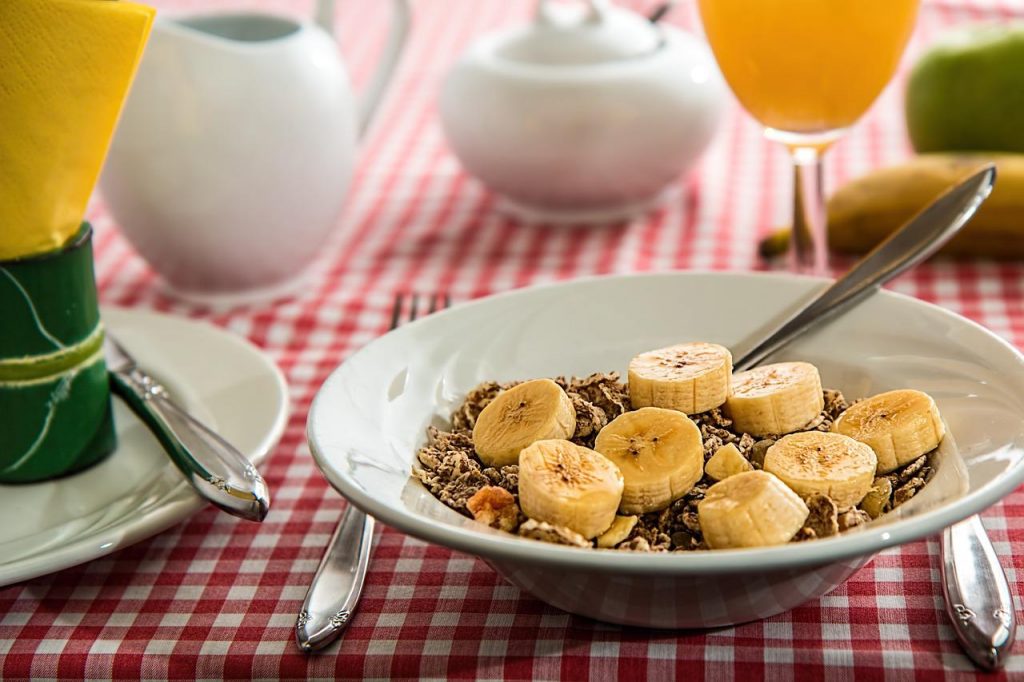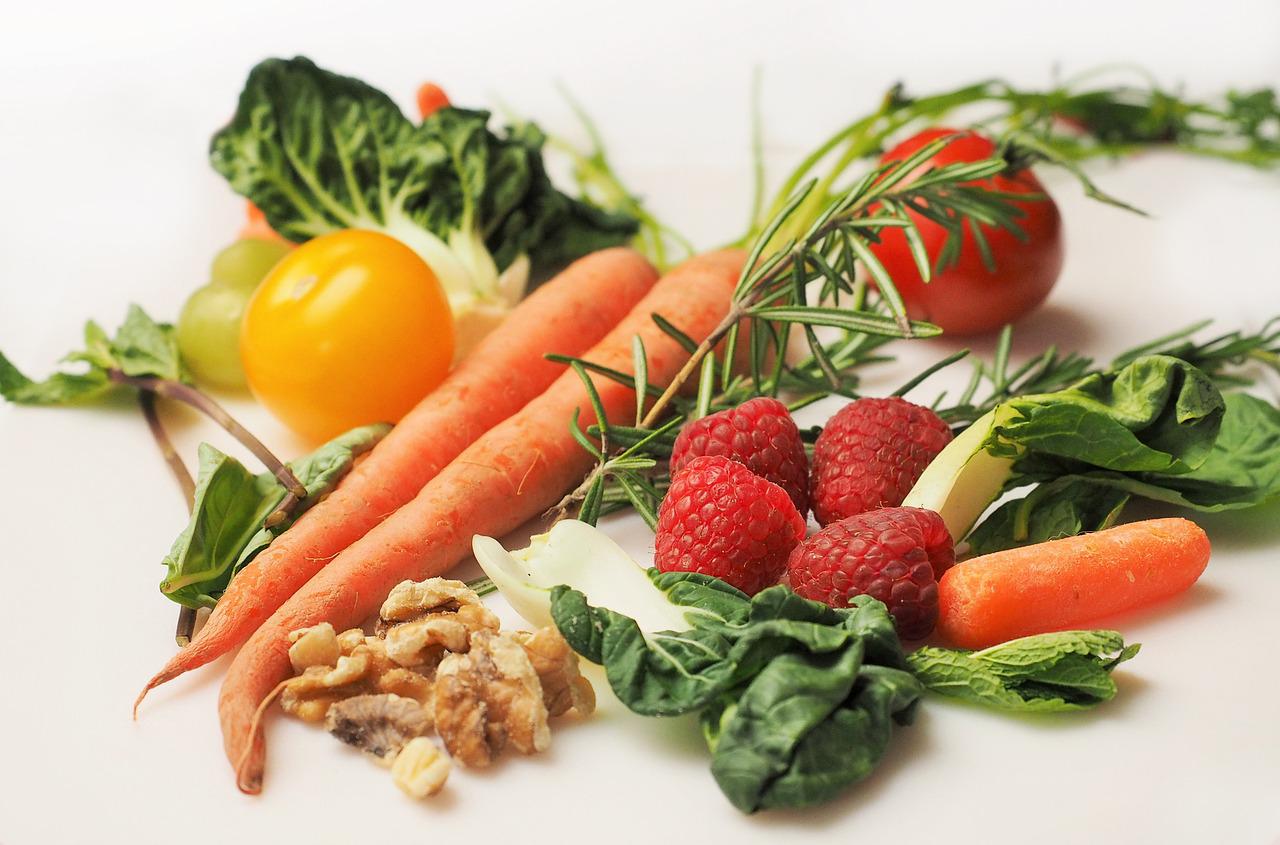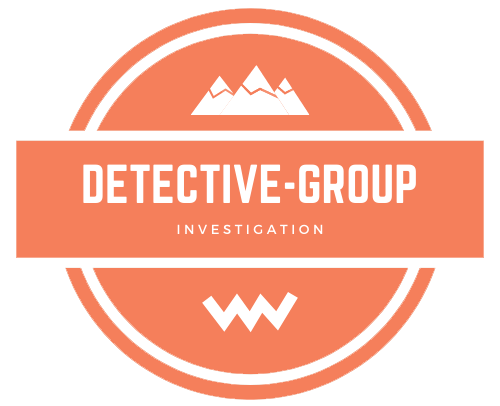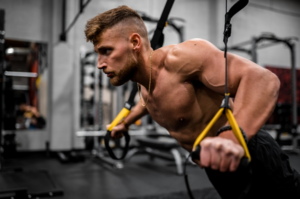A Concise Guide to the Nutrition Needs of Bodybuilders “Feeding the Machine”

The process of bodybuilding is intricate and ever-changing, and it calls for a great level of dedication from its devotees in addition to a high level of mental and physical fortitude.
Unfortuitously, a large number of bodybuilders, find more, both seasoned veterans and novices, are under the impression that their labor is done once they step into the shower.
The reality is that bodybuilding is more of a way of life than a sport, and it requires total attention to all aspects of the sport, not just the workouts in the gym. You might as well just be doing weights if you don’t also have a healthy, well-planned, and personally tailored diet.
Otherwise, all you’re doing is wasting your time. As the topic of food for bodybuilding is somewhat intricate, we are going to focus today on the diet component of the process.
When it comes to their meals, bodybuilders are typically put in a difficult position because they must choose between two undesirable options.
They have to consume a lot of food in order to keep their rate of muscle growth at a satisfactory level, and a caloric intake of that magnitude is typically accompanied by a corresponding increase in fat storage. It is vital to have an understanding of the three primary food groups, what they each contribute to the process, and how they interact with one another in order to have a better understanding of this process and to be able to make well-informed decisions on the structure of one’s diet.
Proteins, carbs, and fats are the three most vital components of a bodybuilder’s diet, despite the fact that there are a great many distinct categories and subcategories of foods. Even the fat is necessary in varied proportions for a healthy balanced diet, and this applies to all of the other components as well. Let’s take a look at each one of these things on its own.
Building blocks for the body are called amino acid chains, and proteins are built up of these chains.
When you are at rest and your muscle fiber is regenerating, the protein in your body is the one that is actively working to make this happen. It should therefore come as no surprise that a lack of protein will lead to growth of muscle that is either very slow or nonexistent at all.
This process is also influenced by the quality or concentration of the proteins in the foods that you consume, which might have an effect on the amounts of protein that you need to absorb. You may determine how much protein you are absorbing from your diet by consulting several online resources, such as High Protein Foods, which provide this information.
The following are some examples of foods that are high in protein:
- Lean cuts of beef and veal both.
- Foods made from cereals, grains, and pasta
- Pork
- Lamb \sPoultry
- Items Derived from Dairy
- Eggs
Carbohydrates make up the second category of food, and they are the ones that are accountable for supplying the body with energy. There are two distinct classes of carbohydrates, which are referred to respectively as complex and simple.
Complex carbohydrates are superior to other forms of this macronutrient because of their ability to better support muscle growth. They are broken down and metabolized at a much more leisurely pace than simple carbohydrates, which results in a longer and more steady release of energy. This also has the effect of lowering the rate at which sugar is transformed into fat.

Complex carbs include instances such as the following:
- Unprocessed Barley
- Buckwheat
- Bread made with oat bran
- Oatmeal
- Pears
- Prunes
- Plums
- Potatoes
- Cabbage
- Soybeans
- Pinto Beans
The third category of foods is the most difficult and perplexing to understand.
You should not eliminate essential or healthy fats from your diet because they are necessary for the normal operation of your body and cannot be substituted. Unsaturated fats are a sub-classification of unsaturated fats, and good fats are an essential diet for bodybuilders to consume.
They are effective antioxidants and immune system boosters, which contribute to their role in the prevention and treatment of disease.
The following are some examples and sources of healthy fats:
- Extra virgin olive oil
- The fish oil from cold water
- Flaxseed oil
- Dark, leafy vegetables
- Items made from nuts and seeds
Bear in mind that even though healthy fats are necessary for the body, they are still fats and include a high number of calories. Proteins should make up forty percent of the total, carbs forty percent, and fats twenty percent of the total. This provides a healthy average balance among the three groups.
This will almost certainly guarantee that you are receiving adequate amounts of all three of these. It is impossible to overstate the importance of eating well during bodybuilding, and it will be well worth your time to consult with a nutritionist about developing a diet that is tailored to your specific requirements.





